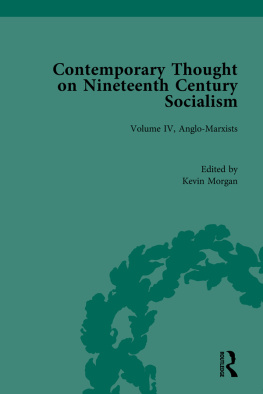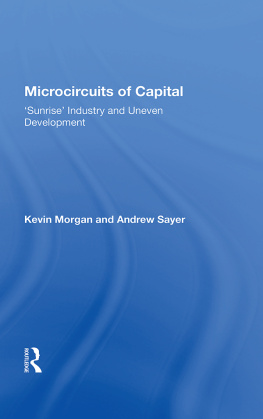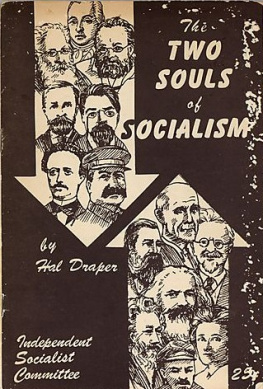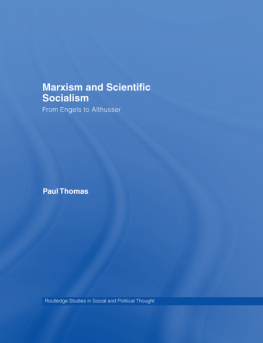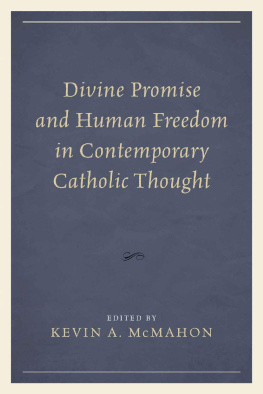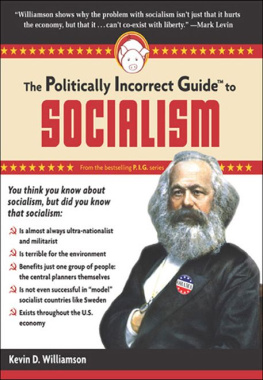First published 2021
by Routledge
2 Park Square, Milton Park, Abingdon, Oxon OX14 4RN
and by Routledge
52 Vanderbilt Avenue, New York, NY 10017
Routledge is an imprint of the Taylor & Francis Group, an informa business
2021 selection and editorial matter, Kevin Morgan; individual owners retain copyright in their own material.
The right of Kevin Morgan to be identified as the author of the editorial material, and of the authors for their individual chapters, has been asserted in accordance with sections 77 and 78 of the Copyright, Designs and Patents Act 1988.
All rights reserved. No part of this book may be reprinted or reproduced or utilised in any form or by any electronic, mechanical, or other means, now known or hereafter invented, including photocopying and recording, or in any information storage or retrieval system, without permission in writing from the publishers.
Trademark notice: Product or corporate names may be trademarks or registered trademarks, and are used only for identification and explanation without intent to infringe.
British Library Cataloguing-in-Publication Data
A catalogue record for this book is available from the British Library
Library of Congress Cataloging-in-Publication Data
A catalog record for this book has been requested
ISBN: 978-1-138-49019-2 (set)
eISBN: 978-1-351-03570-5 (set)
ISBN: 978-1-138-32105-2 (volume IV)
eISBN: 978-0-429-45232-1 (volume IV)
Typeset in Times New Roman
by Apex CoVantage, LLC
Publishers Note
References within each chapter are as they appear in the original complete work
CONTENTS
KEVIN MORGAN
PART 1
The idea of socialism
CHARLOTTE WILSON
WILLIAM MORRIS
JOHN BURNS
WALTER CRANE
H.W. HOBART
H.M. HYNDMAN
JACK C. SQUIRE
PART 2
Concepts of political change
WILLIAM MORRIS
JOSEPH LANE
HARRY QUELCH
GEORGE LANSBURY
EDWARD CARPENTER
PART 3
Political economy
H.M. HYNDMAN
H.M. HYNDMAN
WILLIAM MORRIS
WILLIAM MORRIS
ROBERT TRESSELL
PART 4
Work and social conditions
TOM MANN
COUNTESS OF WARWICK
DORA B. MONTEFIORE
F.O. PICKARD-CAMBRIDGE
PART 5
Ways of organising
THOMAS BINNING
HARRY QUELCH
TOM MANN
T. HUNTER
PART 6
Democracy and the state
ERNEST BELFORT BAX
HENRY SALT
ERNEST BELFORT BAX
DORA MONTEFIORE
PART 7
The new religion and the old
E. BELFORT BAX AND H. QUELCH
HERBERT BURROWS
J. CONNELL
JAMES LEATHAM
EDWARD CARPENTER
PART 8
Gender, sexuality, family and personal relations
ERNEST BELFORT BAX
DORA B. MONTEFIORE
HERBERT BURROWS
GEORGE WHITEHEAD
PART 9
War, peace and internationalism
R.B. CUNNINGHAME GRAHAM
H.M. HYNDMAN
JOHN R. WIDDUP
HARRY QUELCH
DORA MONTEFIORE
JAMES CONNOLLY
PART 10
The sense of the past
EDWARD AVELING
R.B. CUNNINGHAME GRAHAM
THEODORE ROTHSTEIN
H.W. LEE
Guide
Kevin Morgan
Why was Marxism in Britain at such a discount? This was the question posed in 1898 by Theodore Rothstein, an migr socialist from the Russian empire very well-connected with the socialist movement internationally. To answer it, Roth-stein plunged deep into English history and its traditions of political and civic freedom which he strongly contrasted with those of continental Europe. Rothstein referred to socialism and not specifically to Marxism; but Marxist socialism was the form of socialism predominating on the continent, and this was certainly the absence that he had in mind. His analysis is of considerable interest in its own right and is one of the documents reproduced here (). At the same time, it poses questions regarding the meaning, scope and significance of the movement that the volume as a whole represents. Whilst in Germany, in France, in Belgium, in Austria, in Italy, in Hollandthe ideas of Socialism are making headway every day, in Englandthey are scarcely able to gain a hearing, let alone a footing. Already the source of much discussion in Rothsteins day, the question has exercised the minds of historians ever since.
For some of them, the absence of a mass Marxist party has been the main focus of attention. In the final quarter of the nineteeenth century socialism became established as a truly international movement. Its strongest section was in Germany: with its mass electorate, membership and political apparatus, the Social Democratic Party (SPD) was already by 1898 the countrys largest party with the support of over a quarter of the electorate. In Britain, to Rothsteins dismay, the socialists did not even put up a challenge to the older parties in a by-election that coincided with a major industrial dispute. It was this anomaly that Ross McKibbin had in mind when in 1984 he posed the question Why was there no Marxism in Great Britain?. Taking Germany as his main comparative point of reference, McKibbin also asked how it was that in political Marxisms classical moment before the First World War Britain alone of the major European states produced no mass Marxist party.
The relative weakness of British Marxism has registered just as strongly in respect of socialist ideas. By the end of Marxisms classical moment a mass Labour Party was belatedly emerging in Britain, and in 1918 it formally adopted a socialist objective. For some historians, including McKibbin, socialist ideas of any type had at best a secondary role in this development. Others would put far greater stress on the Independent Labour Party (ILP) and Fabian socialist traditions documented in the third volume of this collection. What all could nevertheless agree on was the weakness of the Marxist ideas which social democrats like Rothstein believed to be the guiding philosophy of modern socialism. In Leszek Kolakowskis monumental survey of these ideas, not a single British socialist is deemed worthy of notice in the volume on Marxisms golden age. In Geoffrey Footes account of the Labour Partys political thought, conversely, the chapter on nineteenth-century forerunners disposes of the Labour Marxists as a conduit for the ideas of Marx and Engels bereft of independent voice or interest. Between the non-Marxist socialism of the ILP and the anti-Marxist reformism of the Fabians, Anthony Wright locates a form of English exceptionalism that was quite distinct from the perspective of European socialism as a whole.
The documents reproduced here allow us to reflect on why Britains early Marxists should have been so depreciated and how far this is justified. The central, though not exclusive, focus of the compilation is on the Social Democratic Federation (SDF). This was the organisation which Rothstein joined after settling in Britain, and from its formation in the early 1880s it had been Britains closest counterpart to the SPD. The comparison was not one to the SDFs advantage. Both its membership and its electoral support, for reasons which will become clear, have tended to be described as more characteristic of a sect than of a genuine political party. More damagingly in the present context, its whole conception of socialism was also held by some to have the characteristics of a sort of arid and pedantic ineffectuality. Living in London, Marx before his death had some contact with the SDFs founder H.M. Hyndman. His judgments were not flattering, while Marxs collaborator Friedrich Engels survived him by a dozen years and in his correspondence with the German-American F.A. Sorge offered damning verdicts on the movement Hyndman led. Anglo-Saxon sectarianism, he wrote, was rife. Exactly like a sect, the SDF had fastened on Marxs theory of development as a rigid orthodoxy and sought to ram it down workers throats as an article of faith.

